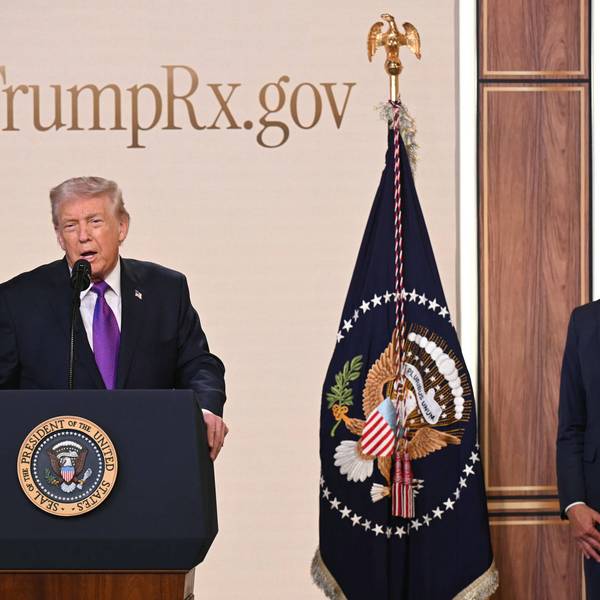Legislators in India have announced major changes to the country's healthcare policy in a move that will deal a large blow to big pharmaceutical firms such as GlaxoSmithKline and Pfizer, who have vastly profited from India's markets. The program involves turning to affordable 'generic' versions of medications instead of brand name drugs from Western companies.
The $5 billion dollar initiative will provide free medicine to hundreds of millions of Indians who today go without access to health care, officials said Thursday. The new initiative will offer 348 types of medication to patients across the country that will not come from big pharma. Legislators in Delhi plan to utilize a network of government-funded hospitals and clinics to provide the medicine, according to the Independent.
Specialists told the New York Times the initiative could be the first step toward a more comprehensive universal health care system in India.
Due to the high costs of brand name drugs and privatized medical practices, currently, about 71 percent of spending on healthcare in India comes directly out of consumer's pockets. "As a result of high health care costs, 40 million Indians are pushed into poverty each year," Dr. K. Srinath Reddy, healthcare committee adviser for the Indian government told the New York Times.
Two Indian states, Tamil Nadu and Rajasthan, already participate in similar but smaller programs that distribute free medicine; the programs have attracted more people to government hospitals, away from the pricy private institutions that utilize expensive brand name drugs.
India's new policy, which could begin by the end of 2012 is expected to provide 52 percent of the population with free medicine by April 2017.



